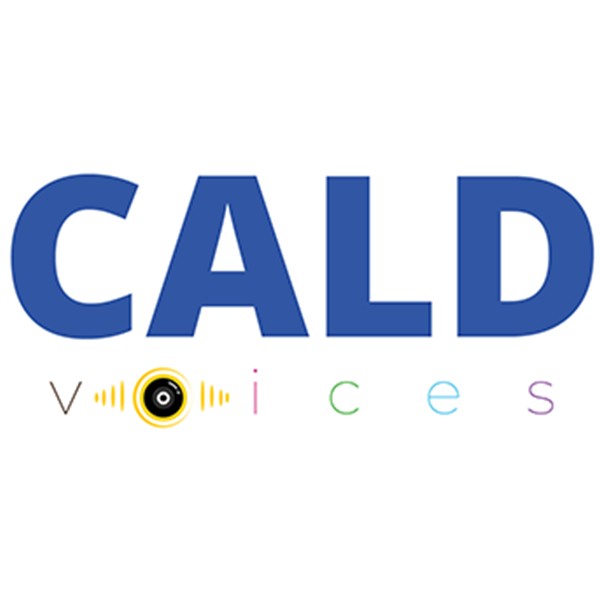Pragya Gartoulla, Ph.D. (Research Fellow) and Anagha Joshi (Senior Research Officer) at the Australian Institute of Family Studies (AIFS) have published resources for practitioners who work with children and families from CALD backgrounds. These resources were commissioned by Emerging Minds National Workforce Centre for Child Mental Health for publication on their website. Source:
Resources produced by the Australian Institute of Family Studies (AIFS) on behalf of the Commonwealth of Australia, CC BY 4.0
1. This resource sheet explores culturally informed ways for practitioners to support the mental health of refugees and asylum seeker children who are likely to have been exposed to significant adversity during crucial phases of their development. It aims to support practitioners from a range of mental health, social work, and community-sector backgrounds who work with children and families from refugee and asylum seeker backgrounds. This resource is based on national and international research evidence. It does not include information about children or families seeking asylum who are in immigration detention.
This resource highlights six key competencies for practitioners working with refugee and asylum-seeker children:
- Knowledge of the complex needs of refugees
- Use of holistic/strengths-based approaches
- The ability for practitioners to work in coordination with others in the child’s network
- Ability to build trust and therapeutic relationships
- Seeking feedback from children and young people
- Cultural competency is such that practitioners understand a child or young person’s cultural background and cultural differences.
Other highlights include information about:
- Service barriers and facilitating access to services
- Building trust and rapport
- Trauma-informed approach
- Use of interpreters
- Organizational supports
- Interventions that address the mental health of refugee and asylum seeker children and families
Access the full resource here Mental health: Refugee & asylum seeker children – Emerging Minds
2. This practice paper discusses how the experiences of children and families from CALD backgrounds can affect child mental health and offers strategies to support children’s mental health through inclusive and curious practice. It also takes a deep dive into mental health in children from CALD backgrounds. This resource draws from both Australian research and stakeholder consultations to explore the experiences and circumstances that contribute to child mental health outcomes and service access in CALD communities.
Key messages of the paper include:
· Children from CALD backgrounds may have specific experiences which affect their mental health. It is important to use a social determinants lens when exploring the factors that contribute to the mental health of children from CALD backgrounds.
· The types of mental health concerns, how they present, and whether families seek support, can be different for children from CALD backgrounds, compared to children from non-CALD backgrounds.
· Acculturation and differential acculturation play an important role in mental health outcomes for children from CALD backgrounds.
· Racism and the stressors of migration can affect both the family and child, contributing to their ability to thrive.
· It is important to work with children and families in a child-centered, strengths-based, and culturally responsive way.
Access the full resource here How to support the mental health of CALD children – Emerging Minds
Anagha Bio: Anagha is a Senior Research Officer at the Australian Institute of Family Studies. She has both a public health and health practitioner background. Anagha is passionate about evidence use in practice and policy. Her research involves evidence synthesis and knowledge translation. Her most recent research focussed on child mental health in culturally and linguistically diverse communities.
Pragya bio: Pragya Gartoulla, born and raised in Nepal, undertook her Ph.D. from Monash University in 2016. Pragya held positions at various organizations, including Monash University at the Australian Breast Device Registry as Research Manager, the National Ageing Research Institute focused on elder abuse research, Melbourne School of Population and Global Health focused on Family Violence in newly arrived communities research, and Marie Stopes International in Nepal managing evaluation and research projects. Currently, Pragya as Research Fellow is responsible for AIFS’s contribution to the Child Family Community Australia (CFCA) information exchange project. She leads evidence reviews and produces resources on a range of topics related to the child, family, and community welfare sectors. Pragya holds invaluable evidence synthesis, knowledge translation, and project management skills. Pragya is highly committed to giving her best in any situation and has deep respect towards a diverse work environment.















Add comment